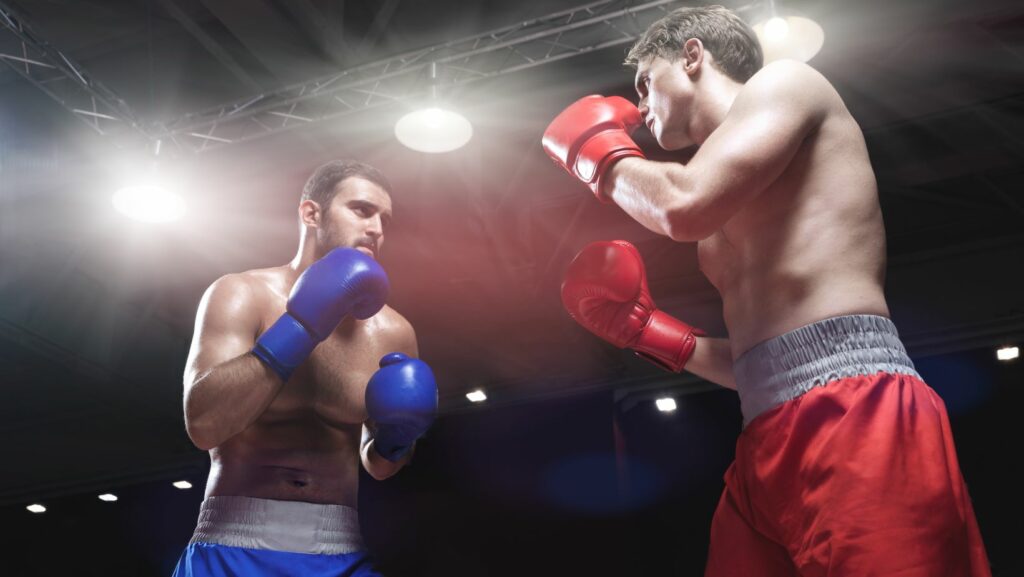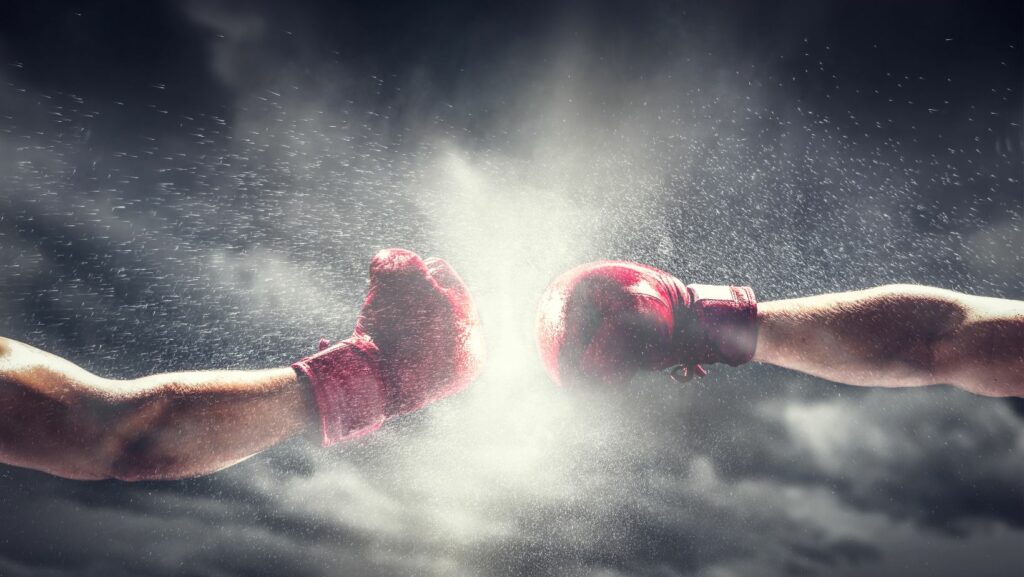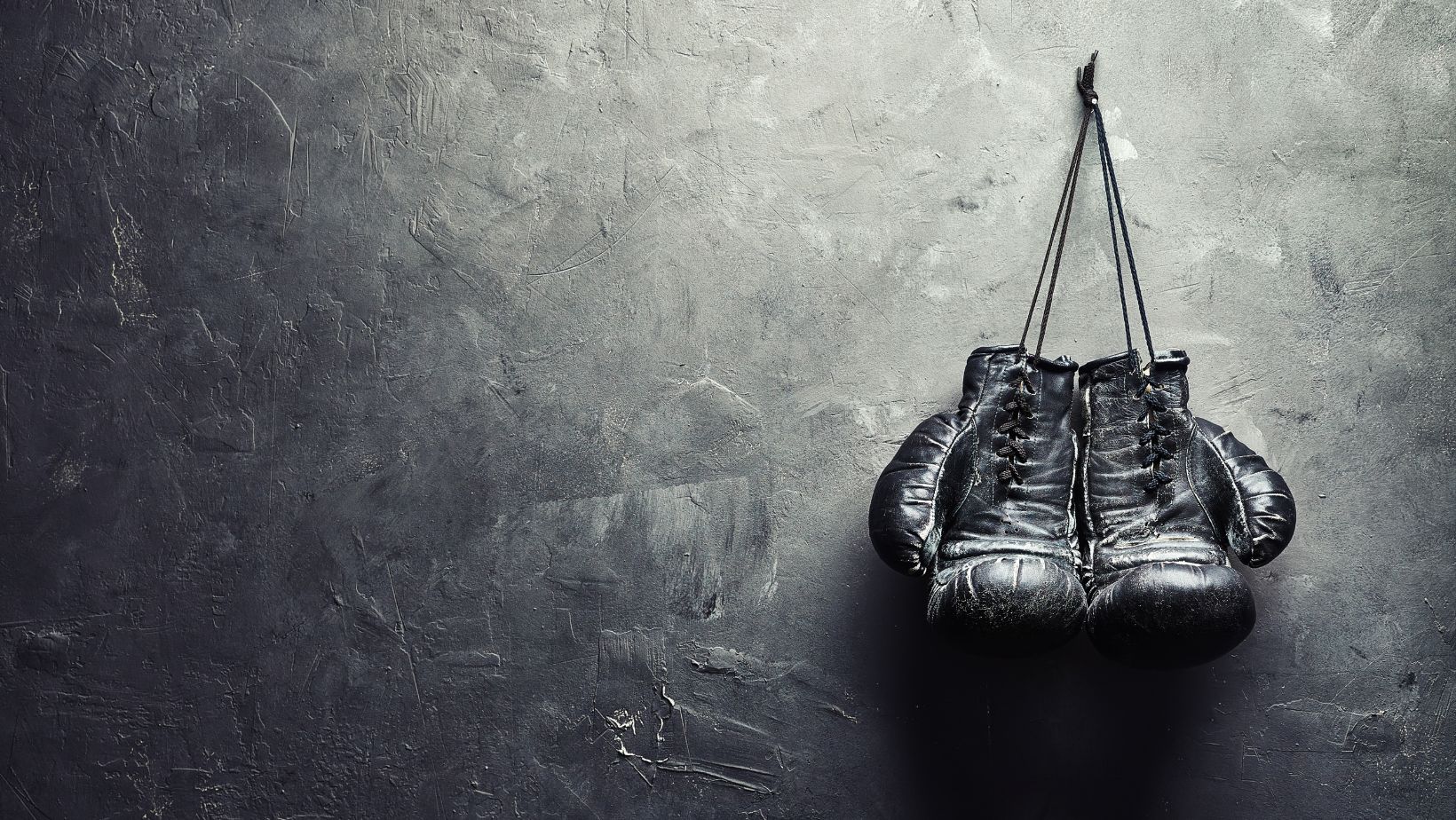With the 2020 Olympics just around the corner, everyone is wondering which sports will be included in the lineup. One sport that always seems to be on the edge of being cut is boxing. However, with a rich history and passionate fans, boxing always manages to make its way back into the Olympics. Here’s a look at the future of boxing in the Olympics.
When is Boxing on in The Olympics
The sport of boxing has been part of the Olympic Games since their inception in 688 BC. The inaugural boxing tournament featured just a single event, the pugilat, in which two competitors fought until one was knocked out or could no longer continue. In subsequent years, other boxing events were added to the Olympic program, including different weight classes andtypes of competition.
The most recent change to the Olympic boxing program came in 2028, when women’s boxing was added as an official sport. This marked the first time that women had been allowed to compete in boxing at the Olympic Games.

As of right now, there is no set schedule for when boxing will be contested at the 2032 Olympic Games. The International Olympic Committee will release the official schedule closer to the start of the Games.
What Changes are Being Made to The Sport of Boxing in The Olympics?
The International Boxing Association (AIBA) is making some changes to the sport of boxing in the Olympics. Starting with the 2020 Tokyo Olympics, boxers will no longer compete in headgear, and there will be a new scoring system in place.
There has been a lot of debate about whether or not to allow headgear in boxing. The AIBA is making the change because they believe it will make the sport more exciting to watch and will encourage more people to take up boxing. There is also evidence that headgear does not provide as much protection as people think it does.
The new scoring system is designed to make it more difficult for judges to score fights unfairly. It includes a points countdown clock, and allows fighters to score points for finding their opponent’s weak spots. The hope is that this will make fights more evenly matched, and that judges will have an easier time scoring them fairly.
How Will These Changes Affect The Athletes?
The International Boxing Association (AIBA) has announced several changes to the sport of boxing that will be implemented in time for the 2020 Tokyo Olympics. These changes include the introduction of headguards for all male boxers, as well as the elimination of the current weight classes. Instead, boxers will be grouped together based on their body mass index (BMI).
The AIBA has stated that these changes are being made in order to make the sport safer for all participants. However, some athletes and commentators have expressed concern that these changes could have a negative impact on those competing.
Headguards have been shown to reduce the rate of concussion in boxing, but they can also impair a boxer’s vision and hearing. This could prove to be a disadvantage for smaller athletes who rely on their speed and agility to win matches.

Eliminating weight classes could also have a negative impact on athletes who have carefully honed their skills to compete in a specific weight class. Now, they may find themselves up against opponents who are significantly larger or smaller than they are used to, which could give an unfair advantage to either party.
It remains to be seen how these changes will affect the performance of athletes in the 2020 Tokyo Olympics. However, it is clear that there is some concern about how these changes could potentially impact those competing.
What are The Benefits of These Changes?
The International Boxing Association (AIBA) has unveiled a radical plan to make the sport more television and fan-friendly at the 2020 Tokyo Olympics.
The main changes are:
- Reducing the number of weight categories from 10 to nine.
- Bouts will now be three rounds of three minutes each, instead of four rounds of two minutes.
- Introducing a split-screen display during bouts so that viewers can see both boxers at all times.
- Do away with headguards.
These changes are aimed at making the sport more exciting and easier to follow for viewers, as well as making it more equitable for female boxers. The hope is that these changes will help increase popularity and participation in boxing, especially among younger people.
What are The Challenges That Come With These Changes?
Every four years, the best boxers in the world come together to compete in the Olympics. The games have always been a platform to showcase the sport of boxing and its athletes. However, there have been calls to remove boxing from the Olympics due to concerns about safety. In this article, we will explore some of the challenges that come with these changes.
The primary challenge that comes with changing the date of the boxing tournament is finding a time that works for all athletes. The Olympics are already a packed schedule and boxers need time to train and prepare for their matches. Moving the date of the tournament could create conflicts with other events and make it difficult for athletes to compete.
Another challenge is finding a venue that can accommodate the event. Boxing is a spectator sport and requires a certain amount of space for both athletes and spectators. With so many other events taking place during the Olympics, it can be difficult to find a suitable venue for boxing.
The final challenge is finding sponsors for the event. The Olympics are expensive and sponsors help cover some of the costs associated with putting on the games. Without sponsors, it would be difficult to finance a boxing tournament at the Olympics.
How Will The Athletes Prepare for These Changes?
For most of the athletes, their training regimens will not have to change much in order to adapt to these rule changes. They will still need to focus on working on their speed, power, and technique. The biggest change will be for the boxers who rely heavily on clinching and headbutting as part of their strategy. These athletes will need to find new ways to compete, as these moves will no longer be allowed under the new rules.
What are The Long-Term Goals for The Sport of Boxing in The Olympics?
The International Olympic Committee has announced its long-term goals for the sport of boxing in the Olympics. They hope to increase the popularity of the sport and make it more accessible to a wider audience. They also hope to increase the number of countries represented in the Olympics, as well as the level of competition.
